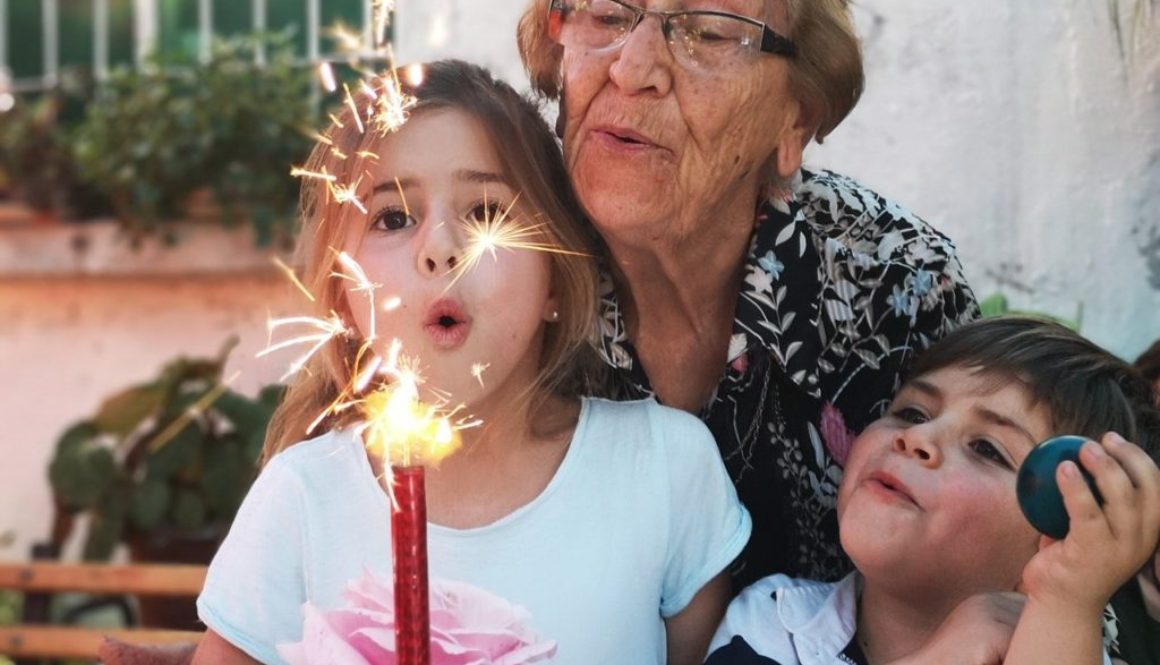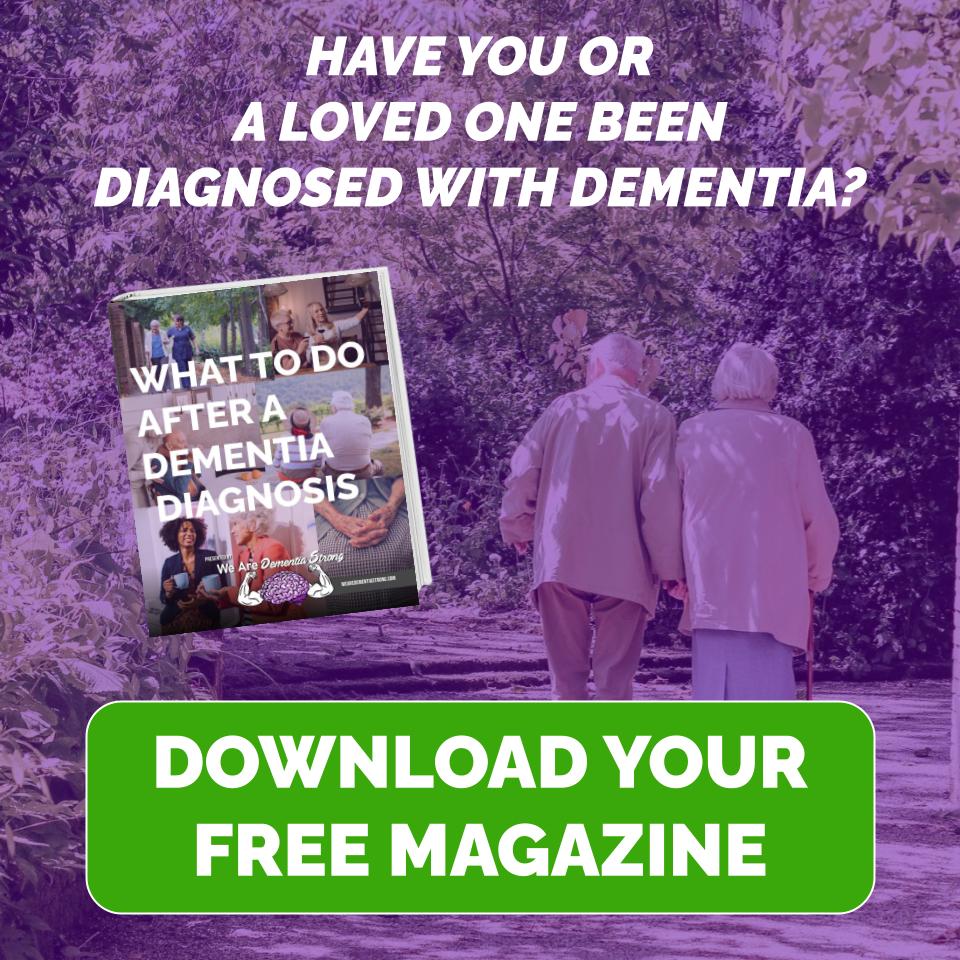It Takes a Village: Community Care for Dementia Patients
You’re trying so hard. We know. Being a great care partner for a loved one living with dementia is most certainly a labor of love. You may feel very alone. You likely feel as if you carry the weight of the world on your shoulders, keeping up with the steady march of dementia and its common calling cards, watching the person you’ve loved so much slowly fade away.
But we’ll let you in on a little secret: you don’t have to do it alone. Loving care and support for ANYONE takes a village — a community of individuals and organizations that can provide relief, guidance and direct services. Here are some great community care options for dementia patients.
Community Care for Dementia Patients: Building Your Village of Support
OK, so I admit “community care” sounds formal. Families and individuals who’ve just received a diagnosis of Alzheimer’s and/or dementia may envision an institutionalized world of walls, structures and systems meant to CONTAIN and RESTRICT rather than NURTURE.
But that’s not the case at all. Community care begins at home and can extend to a vast network of services and care professionals devoted to honoring the individual and their specific needs.
Let’s build a life-care plan and care-partner team for a life worth living.
Dementia Care Begins at Home
Your loved one living with dementia likely wants to stay independent at home as long as possible. Involved family members often want that, too. Who could blame them? Home is where the heart is, after all.
You may be the spouse, sibling, other close relative, or a very close friend. (Helpful hint: think of the team as a series of concentric circles or spheres of influence moving outward, with your loved one at the center.) So who’s closest? Does someone live close by to visit daily, or at least frequently?
A great life-care plan should first factor proximity to provide daily love and support by close loved ones who can:
- Offer assistance with cooking, cleaning, groceries and other housework
- Document current and evolving care needs
- Coordinate medical visits and provide transportation, when necessary
- Organize bills and other financial needs
- Or simply stop by for a cup of coffee
Again, your loved one likely wishes to handle responsibilities independently as long as they’re capable. But dementia marches on. It’s a thief that’ll relentlessly erode that autonomy. Best to prepare roles, responsibilities and routines now for what comes later.
Helpful Community Care Agencies for Dementia
Strong as the urge may be to do everything, you and the entire care-partner team will need support as your loved one’s dementia progresses. So let’s build your village to include some helpful community care agencies.
Your life responsibilities don’t go away as your care-partner responsibilities increase. You likely still need to work (unless you’re happily retired), care for younger relatives, and tackle your own home and financial duties. And, quite frankly, caregiver burnout (aka compassion fatigue) causes even the most capable and energetic among us to need a serious break.
So who looks out for your loved one while you step away briefly? Good news! Most communities today have well-established, reputable agencies for providing dementia care and family services.
These may include:
- Respite care
- Adult day care
- Meals-on-Wheels
- At-home support services (cooking, cleaning, etc.)
- Emotional care visits (dropping by for coffee, etc.)
- Ministerial, faith, worship and spiritual services
Assisted Living, Nursing & End-of-Life Care
Eventually, the time may come when living at home is no longer feasible — or safe. Your loved one and the care-partner team will require 24/7 support. In later stages of dementia, the individual will lose the human capacities and instincts we all take for granted: speaking, eating, bathing, etc. And approaching the end, your loved one will likely require professional support to ease the end-of-life transition.
Your life-care plan may already involve a chosen assisted-living, nursing or memory-care facility. End-of-life professionals including hospice, palliative care and even death doulas provide compassionate care to ease pain and suffering for everyone involved. Many such agencies will also provide or refer spiritual care and counseling for your loved one and close family/friends to make sense and peace of the dying process.
We recommend having these conversations early in the planning process, so everyone on the care-partner team can assess end-of-life care with a clear head and without bias. The last thing you want is for confusion and ambiguity to muddle your loved one’s final wishes when it’s too late and they can no longer express them clearly.
Building a Community Care Plan for a Life Worth Living with Dementia
As a professional life-care planner and a Florida Board-certified Patient Advocate, I assist persons living with dementia and their care-partner teams often. And then I come home to my life partner/care partner, Brian, who lives with Alzheimer’s and vascular dementia. I live these realities daily, and I want to help you!
If you need help, Caregiver Support and Resources, LLC can help you to build a plan and refer you to great community care resources.



